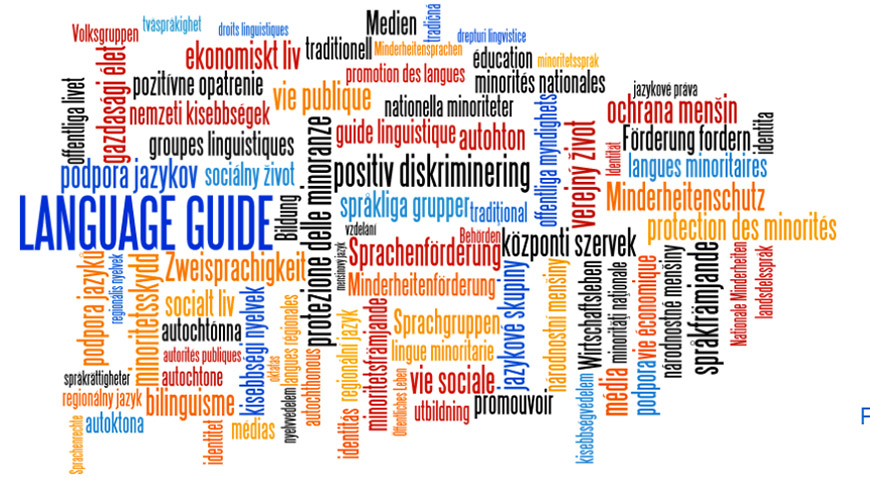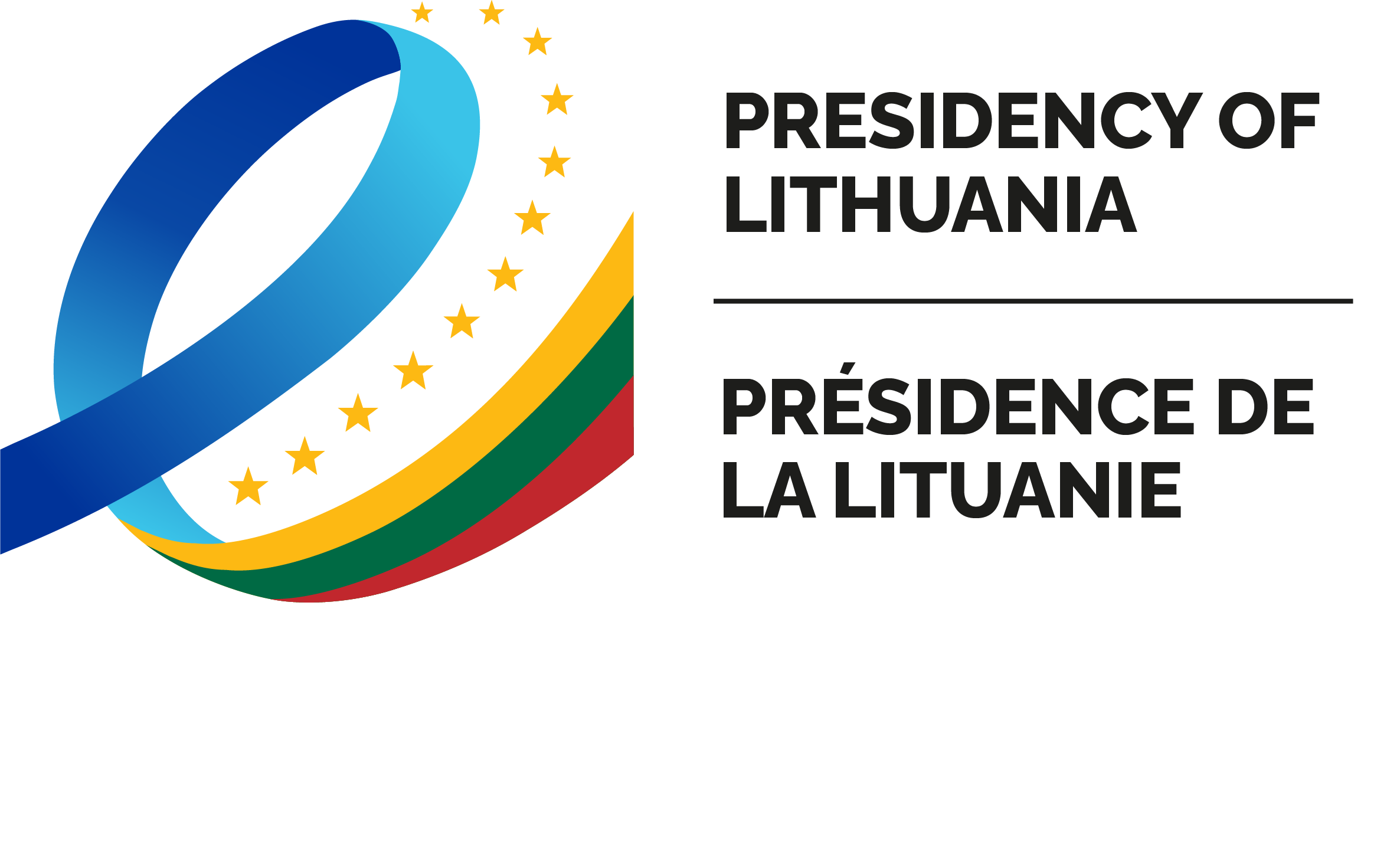The Council of Europe notes with regret that on 17 August 2015, the City Council of Vukovar / Вуковар (Croatia), where Serbs constitute a significant proportion of the population, decided to amend the city statute in such a way as not to provide bilingual signs in Latin and Cyrillic scripts at official town buildings, institutions, squares and streets.
The Committee of Ministers of the Council of Europe had already recommended on 15 April 2015 that “the Croatian authorities continue their efforts to promote awareness and tolerance vis-à-vis the minority languages, in all aspects, including usage of signs and traditional local names with inscriptions in Cyrillic script, based on the conclusions of the Committee of Experts […], and the cultures they represent as an integral part of the cultural heritage of Croatia, both in the general curriculum at all stages of education and in the media.”1
In this context, the Council of Europe reiterates that the use of minority languages in official signage is a promotional measure with a considerable positive effect for the prestige and public awareness of a minority language. This position is supported by the Committee of Ministers of the Council of Europe, which in recent years adopted several recommendations calling on states to use minority languages on public signs2. The Council of Europe therefore strongly regrets the removal of signs in minority languages through vandalism3 or pursuant to formal decisions aiming at limiting the presence of minority languages in the public and urges all relevant public authorities in all States Parties to fully implement the provisions of the European Charter for Regional or Minority Languages (ECRML).
1Recommendation CM/RecChL(2015)2 of the Committee of Ministers on the application of the European Charter for Regional or Minority Languages by Croatia (adopted by the Committee of Ministers on 15 April 2015 at the 1225th meeting of the Ministers’ Deputies).
2CM/RecChl2013(1) concerning the Czech Republic, CM/RecChl2013(3) concerning Serbia, CM/RecChl2013(6) concerning Bosnia and Herzegovina, CM/RecChl2014(1) concerning Ukraine.
3As a recent example, the Danish/German place name sign of the city of Haderslev/Hadersleben (Denmark) was destroyed through vandalism on 26 April 2015. The local authorities, which had placed the sign in conformity with a recommendation of the Committee of Experts (ECRML(2014)9), after the incident decided not to put the sign in place again.








